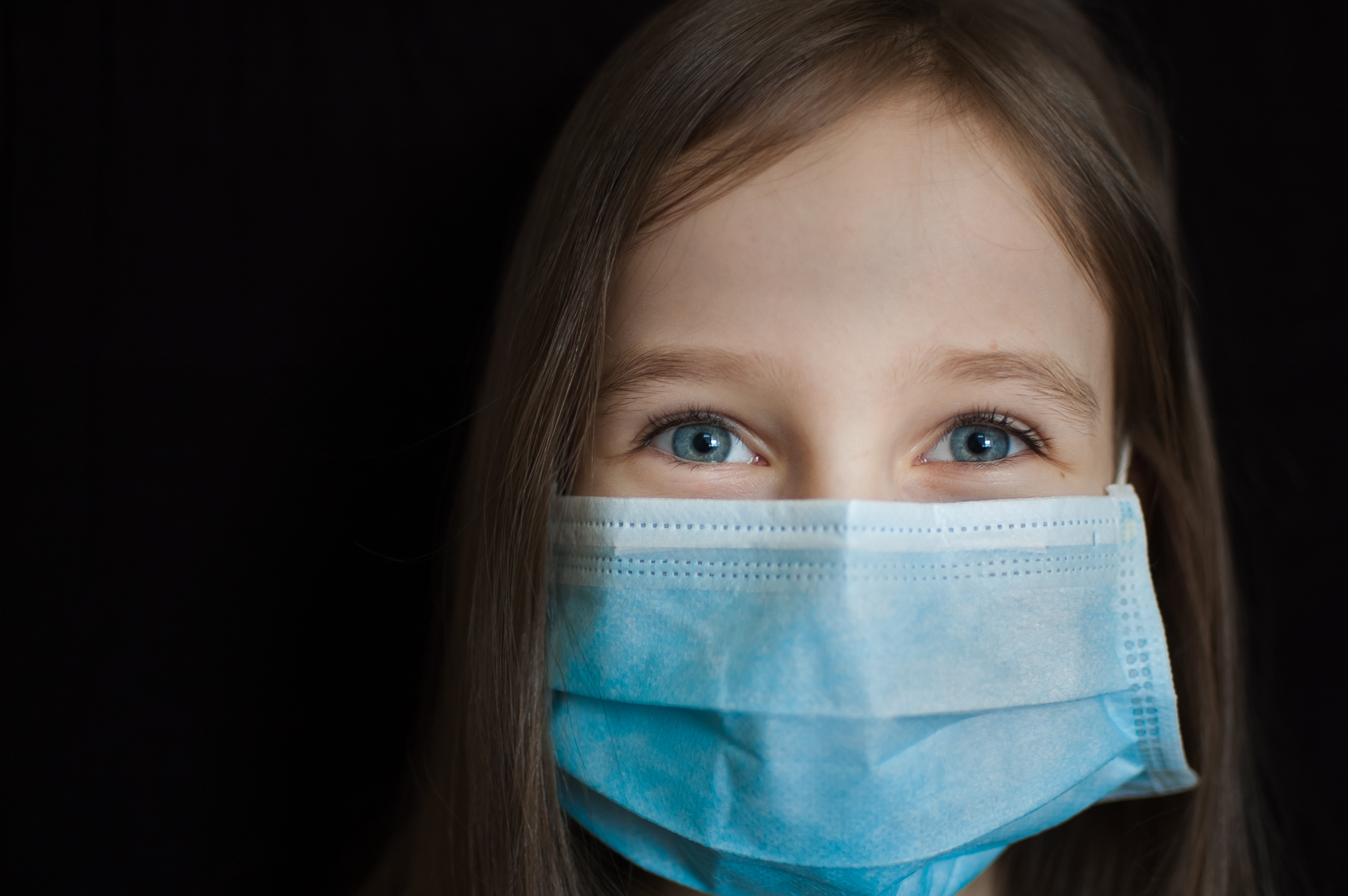In a few weeks most American’s will brace for one of the most debated and controversial issues that has arisen since the emergence and global spread of the COVID-19 pandemic six months ago—should we send our children back to school? Should school fully re-open for in-person learning and instruction, remote or virtually, or some combination of both? This is an unprecedented and challenging time for our 13-18-year-old middle and high schoolers. In addition, since schools shifted to distance learning, seven million kids from low-income families have endured living at home without the internet connections needed for Zoom classes.
A recent study in Nature found that children and teenagers are only about half as likely as adults to get infected with the coronavirus. Though the long-term implications of a mild case of COVID-19 are still not known, when kids get infected, only 21 percent show symptoms, compared with 69 percent of infected adults over 70. Yet some public-health experts say having in-person classes is still too risky, citing countries like Israel and China that have had to shut down schools after opening them up due to a spike in cases. In the UK, they implemented a staggered return to schools which started June 1, 2020, (for students from 4 to 18). Although 91% of schools reopened, only 7% of children attended, so the jury is still out on whether their approach will be effective.
Regardless of the chosen scenario, returning to school presents several special mental health challenges for parents and our youth. In addition, we already know there has been an increase in mental health issues, specifically anxiety, depression, and suicidal ideation among our youth during the pandemic.
Here are a handful of proven techniques I feel will be effective in helping you sustain the mental health of your children; confront and talk about their fears, address how they can adapt to new social and peer challenges, help them face the unknown, reinforce your belief in their coping skills, and encourage them to stay in touch with their friends. Using these techniques should also enhance your relationship with them as they embark on this unchartered journey.
CONFRONT AND TALK ABOUT THEIR FEARS:
Many students are concerned about becoming ill or potentially bringing a disease which may cause fatal consequences home to their parents or loved ones. Motivate them to talk about their fears. Don’t tell them it will all be fine. When you tell a child/adolescent everything will be ok, it shuts down the conversation. Actively listen and repeat back using different verbiage whatever fears they express, so they feel heard. They call this mirroring and it’s a powerful empathic listening technique.
ADDRESS HOW THEY CAN ADAPT TO NEW SOCIAL AND PEER CHALLENGES:
After being isolated from most of their normal peer contact for six months, being thrown into social situations with potentially brand new people in uncomfortable environments (face coverings/masks, sitting in desks six feet apart, etc.) will pose anxiety issues for most students. They may also feel frustrated that part of school will remain online. Discuss options for making new friends in their adjusted paradigm, while admitting how frustrating it must be. Talk about ways they can socialize safely outside of the school environment with old friends and new ones.
HELP THEM FACE THE UNKNOWN:
There is no normal for them—only the unknown. This can be very destabilizing. It will force them to manage a hybrid schedule which inherently will inhibit whatever previous normal existed for them. They will also struggle to become desensitized to the fear of potential illness quickly because of the impact of their on/off schedule. Navigating all these elements will tax their mental capacity. It’s important you are aware of the potential impact so you can monitor the increased levels of emotional and academic stress they will face.
REINFORCE YOUR BELIEF IN THEIR COPING SKILLS:
Let them know you believe in them. Reinforce and validate you understand all the challenges they must endure. Inspire them to believe they possess character and the coping skills necessary to overcome any challenges they may encounter. Remind them you’re always there to talk or troubleshoot problems if needed. Reassure them each day will get easier as they become more accustomed to their new regimen. Emphasize the school has trained professionals who can help them get through particularly challenging days.
ENCOURAGE THEM TO STAY IN TOUCH WITH THEIR FRIENDS:
Encourage them to talk to their friends so they don’t feel isolated and alone from their peer group. Try to impress upon them they are not alone, and that many of their friends are experiencing similar trepidations and fears about returning to school. Help them embrace their circumstances as a shared and bonding lifetime experience that may have a lasting impact on bringing their social peer group closer together. Whenever you sense they are feeling isolated, continue to keep them connected and try to normalize their experience.
Remind them to follow all required protective health measures. If you notice your child is experiencing signs of anxiety which are adversely affecting their optimal functioning such as; changes in eating or sleeping habits, crying jags, hypervigilance, isolation, mood changes, difficulty concentrating (drop in grades) and/or panic/anxiety attacks, please seek a professional for additional support.
Reference:
“The School Reopeners Think America Is Forgetting About Kids,” by Olga Khazan, The Atlantic, June 25, 2020


